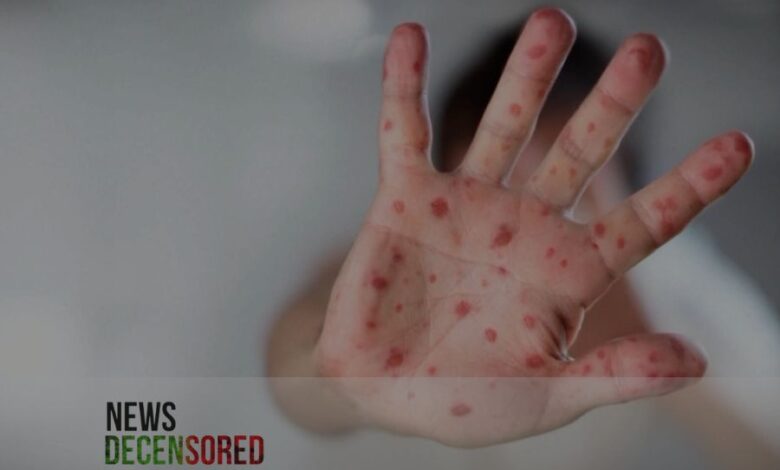Measles Cases Revive and Increase Globally: A Challenge to Elimination Efforts

A recent study presented at the ESCMID Global Congress in Barcelona paints a concerning picture: measles cases nearly doubled worldwide from 2022 to 2023. This alarming trend poses a significant challenge to global efforts to eliminate the highly contagious disease.
Dr. Patrick O’Connor of the World Health Organization (WHO) presented the research, revealing a jump from 171,153 cases in 2022 to 321,582 in 2023. While provisional data for 2024 suggests over 94,000 cases so far, the true figure is likely even higher.
The surge in cases isn’t evenly distributed. Almost half of 2024’s reported cases are concentrated in the WHO’s European Region, with Azerbaijan, Kyrgyzstan, and Yemen experiencing the highest incidence rates. The United States, despite declaring measles elimination in 2000, has also seen a worrying resurgence. As of Friday this year, the US Centers for Disease Control and Prevention (CDC) has reported 128 cases across 20 jurisdictions – the highest number since 2019.
This rise threatens the hard-won elimination status of measles in the US. Measles elimination signifies that the disease doesn’t spread within the country, with new cases arising only from individuals contracting it abroad and returning.
The highly contagious nature of measles, an airborne disease, makes it a serious public health concern. It can lead to severe complications like pneumonia and encephalitis, particularly in young and unvaccinated children. Measles can even cause “immune amnesia,” leaving individuals vulnerable to other infections for extended periods.
Despite its dangers, Dr. O’Connor highlighted the success of measles vaccination programs. He estimates that vaccination efforts prevented an estimated 57 million deaths between 2000 and 2022.
The CDC recommends the MMR (measles, mumps, rubella) vaccine for children. The first dose is administered between 12 and 15 months, followed by a second shot between 4 and 6 years old. The MMR vaccine is highly effective, with a single dose offering 93% protection and a two-dose regimen boasting 97% effectiveness.
However, vaccination coverage in the US has shown a concerning decline in recent years. During the 2022-23 school year, only 93.1% of kindergarteners had completed their MMR vaccine series, leaving approximately 250,000 children susceptible to measles.
Dr. O’Connor emphasized that measles represents “a crisis among many crises,” with around 45% of outbreaks occurring in conflict zones and fragile countries. He stressed the importance of maintaining high, uniform, and equitable vaccination coverage alongside robust outreach programs and rapid response measures to combat outbreaks effectively.
The current surge in measles cases serves as a stark reminder of the importance of vaccination programs in protecting public health. By ensuring high vaccination rates and implementing effective response strategies, we can prevent the spread of this dangerous disease and safeguard communities worldwide.




